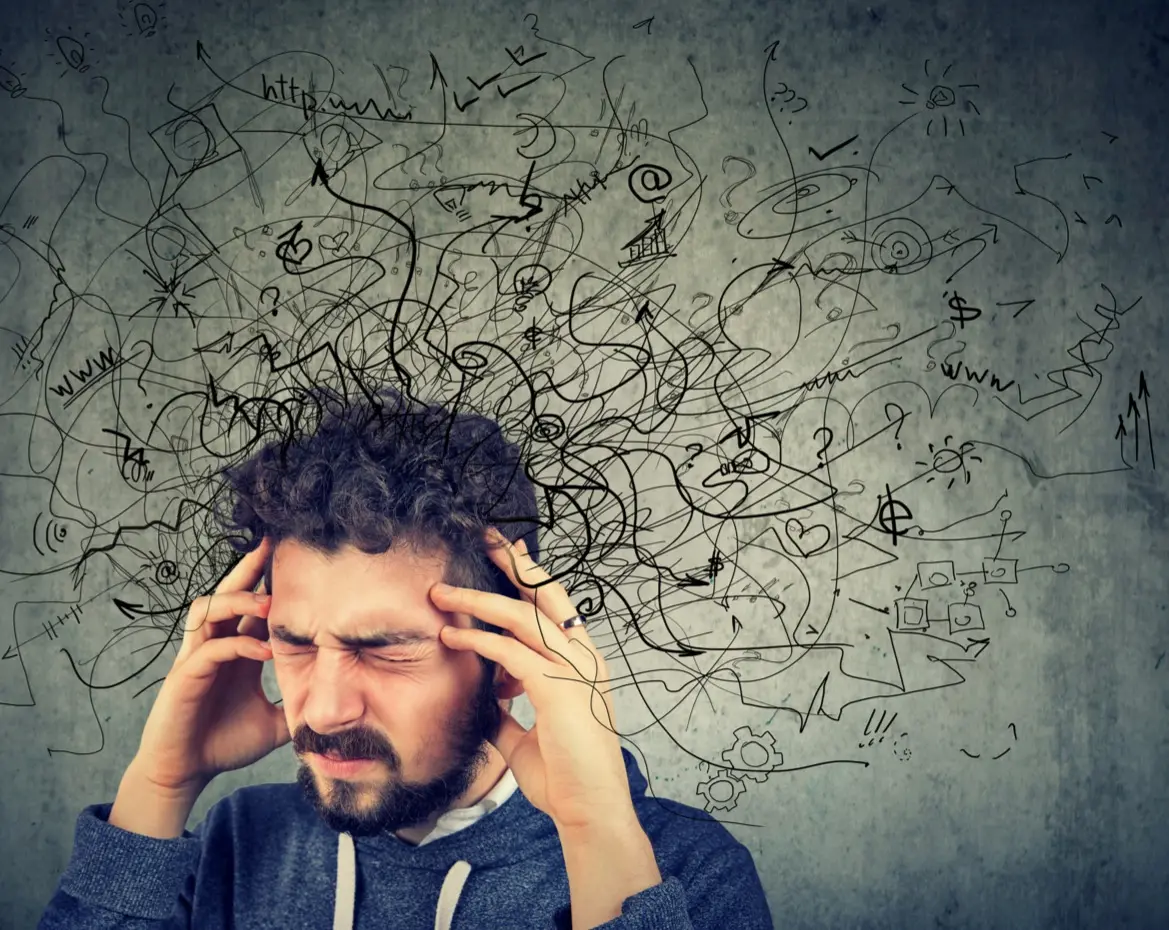What is Anxiety?
Anxiety is a common mental health condition that affects millions of people worldwide. It is characterized by feelings of fear, apprehension, and worry. While it is normal to feel anxious in certain situations, such as before a big presentation or during a job interview, worry becomes a problem when it starts to interfere with daily life.
The Latest Findings on Anxiety
Over the years, researchers have made significant progress in understanding fear and its underlying causes. Recent studies have shown that anxiety disorders can be influenced by a combination of genetic, environmental, and psychological factors.
One of the latest findings in the field of worry research is the role of the amygdala, a small almond-shaped structure in the brain. The amygdala is responsible for processing emotions, including fear and anxiety. Studies have found that individuals with fear disorders have an overactive amygdala, which may contribute to their heightened fear response.
Treatments for Anxiety
Fortunately, there are several effective treatments available for anxiety. The most common forms of treatment include therapy, medication, and self-help strategies.
1. Therapy
Therapy, such as cognitive-behavioral therapy (CBT), is often recommended as the first line of treatment for fear. CBT helps individuals identify and change negative thought patterns and behaviors that contribute to their worry. It also teaches them coping skills to manage their symptoms.
2. Medication
Medication can be prescribed to help manage worry symptoms. The most commonly prescribed medications for fear are selective serotonin reuptake inhibitors (SSRIs) and benzodiazepines. SSRIs work by increasing the levels of serotonin, a neurotransmitter that regulates mood, while benzodiazepines act as sedatives to reduce anxiety.
3. Self-Help Strategies
In addition to therapy and medication, there are several self-help strategies that can be effective in managing anxiety. These include practicing relaxation techniques, such as deep breathing and progressive muscle relaxation, engaging in regular exercise, getting enough sleep, and avoiding caffeine and alcohol.

































